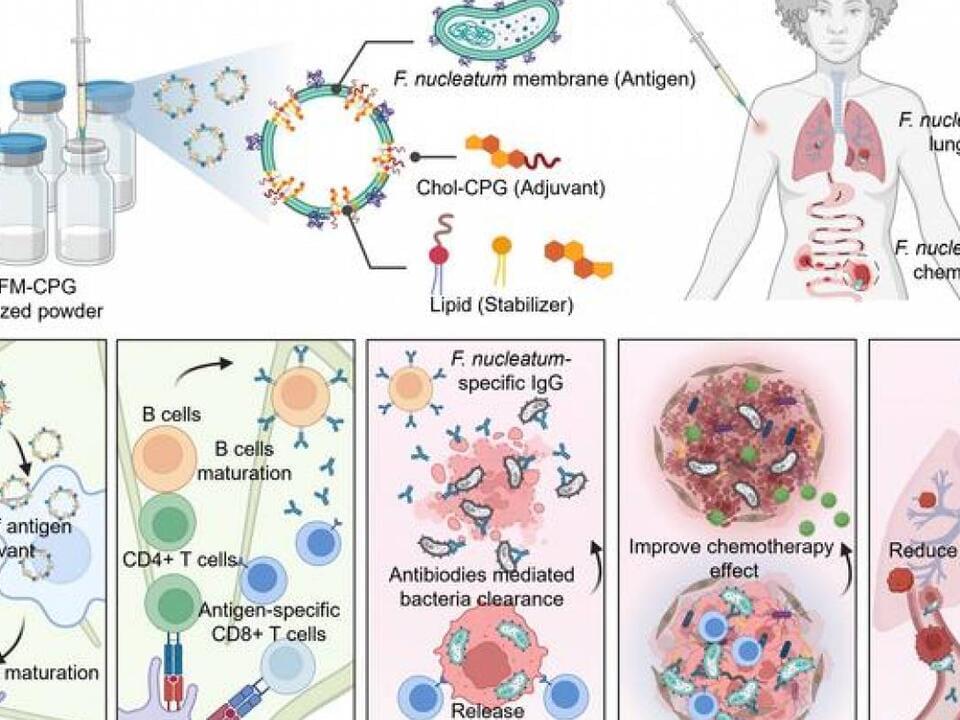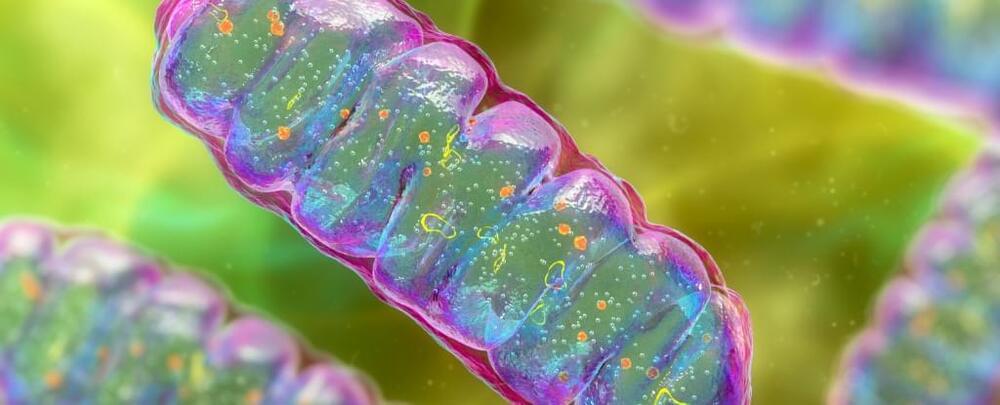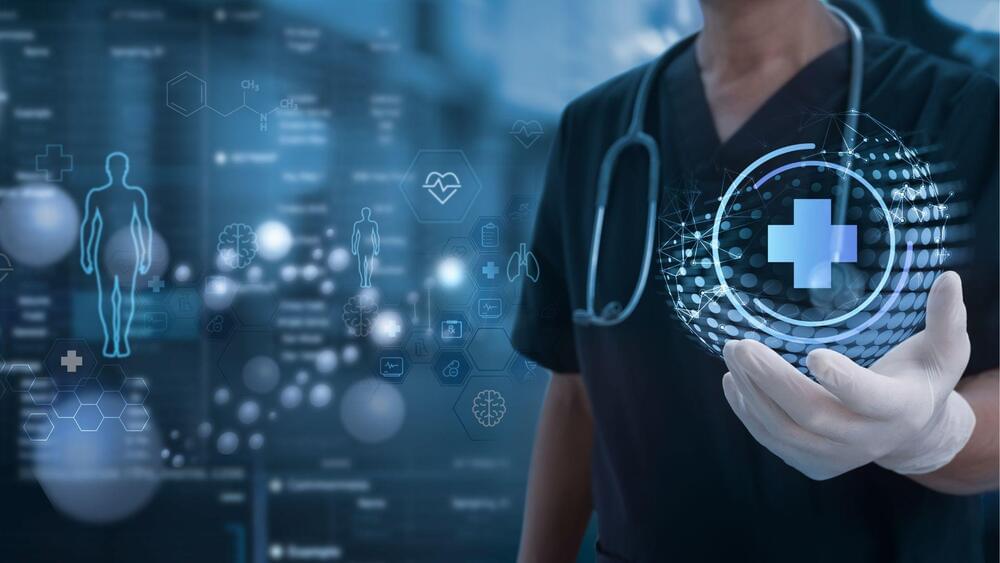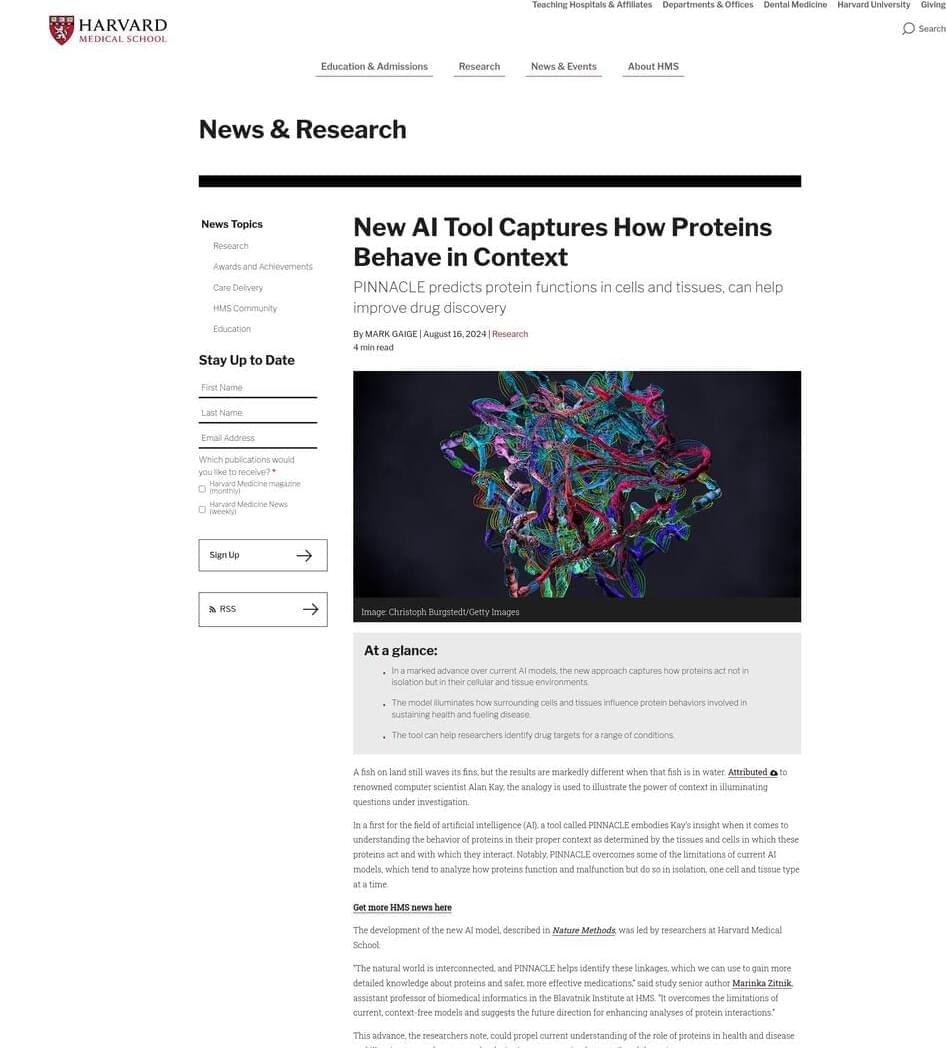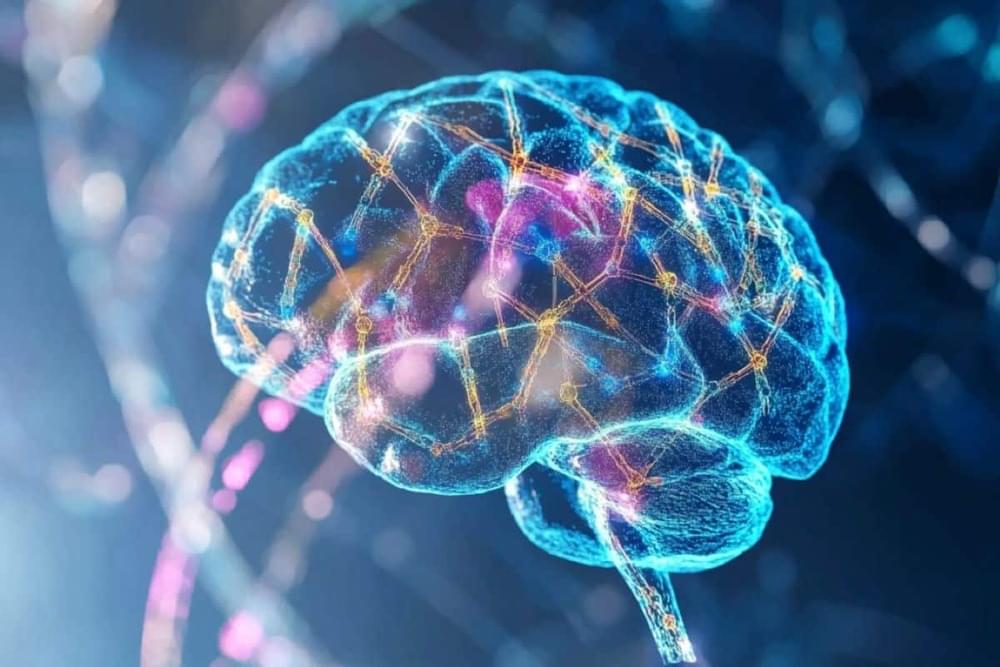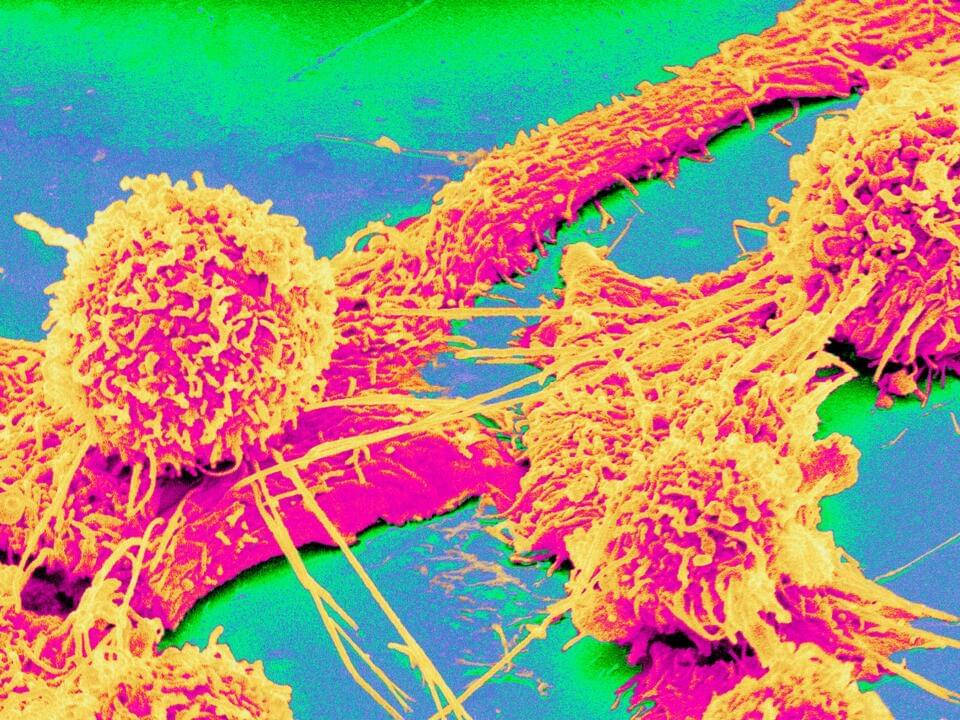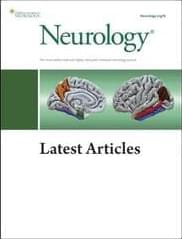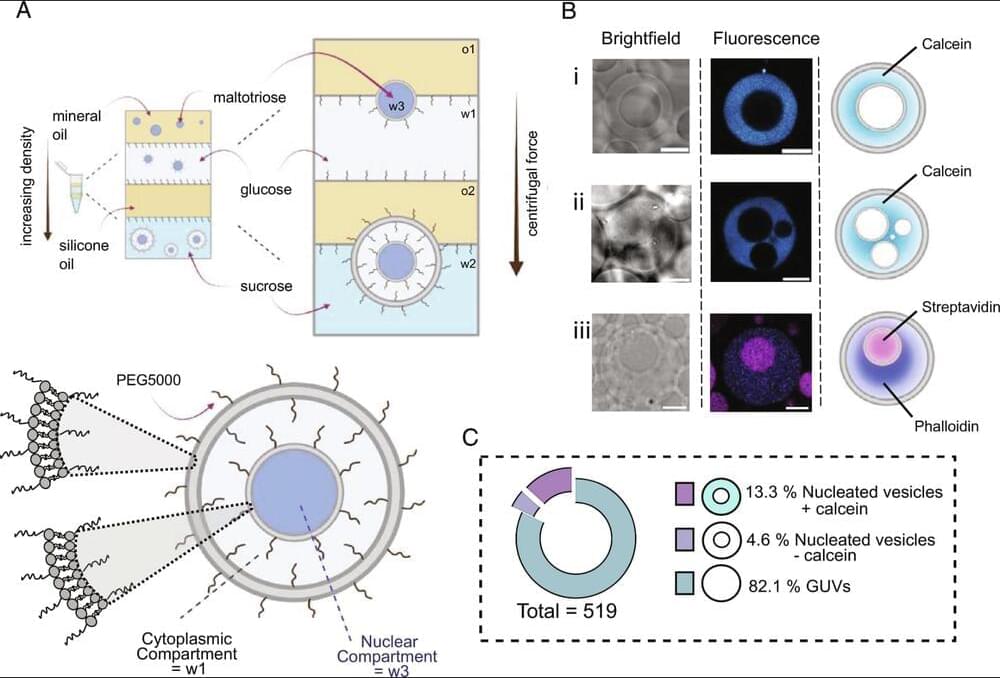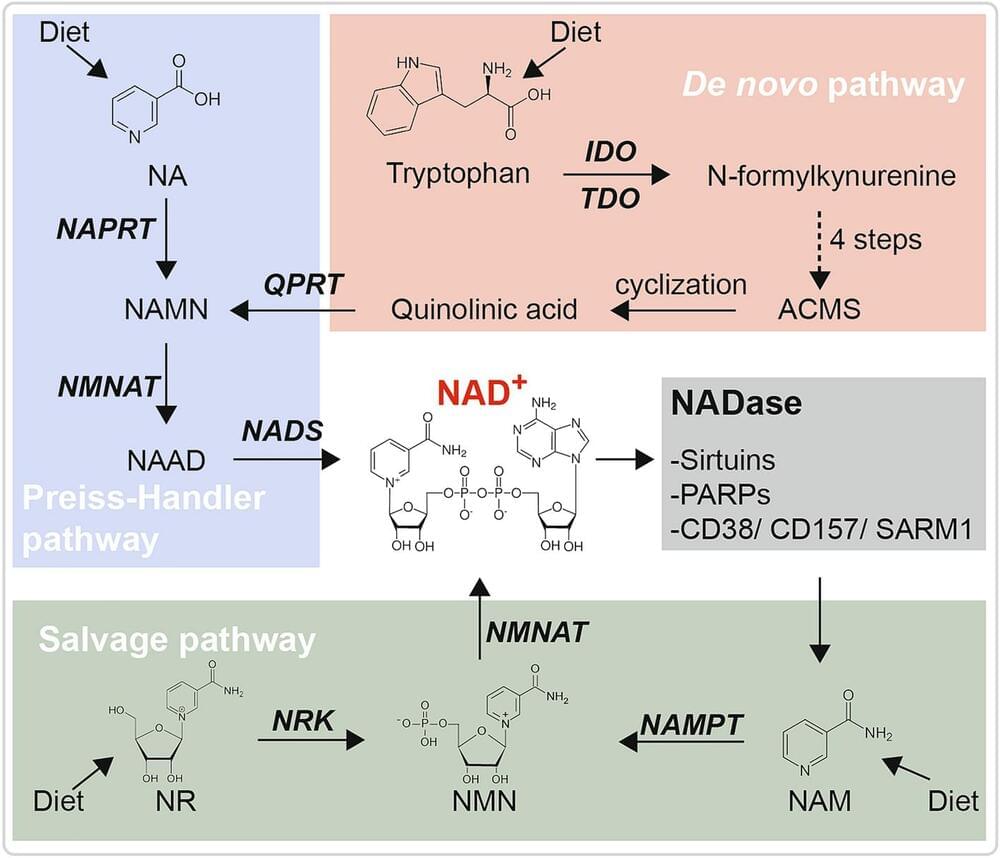Sep 2, 2024
Will artificial intelligence save us or kill us? | Us & Them | DW Documentary
Posted by Mario Acosta in categories: biotech/medical, cyborgs, education, existential risks, life extension, robotics/AI
Will artificial intelligence save us or kill us all? In Japan, AI-driven technology promises better lives for an aging population. But researchers in Silicon Valley are warning of untamable forces being unleashed– and even human extinction.
Will artificial intelligence make life better for humans or lead to our downfall? As developers race toward implementing AI in every aspect of our lives, it is already showing promise in areas like medicine. But what if it is used for nefarious purposes?
Continue reading “Will artificial intelligence save us or kill us? | Us & Them | DW Documentary” »

